News roundup 16 to 31 May 2025
Asia-Pacific animal health news roundup

Latest activities from FAO’s regional and country teams.
In this news roundup
ANTIMICROBIAL RESISTANCE | ||
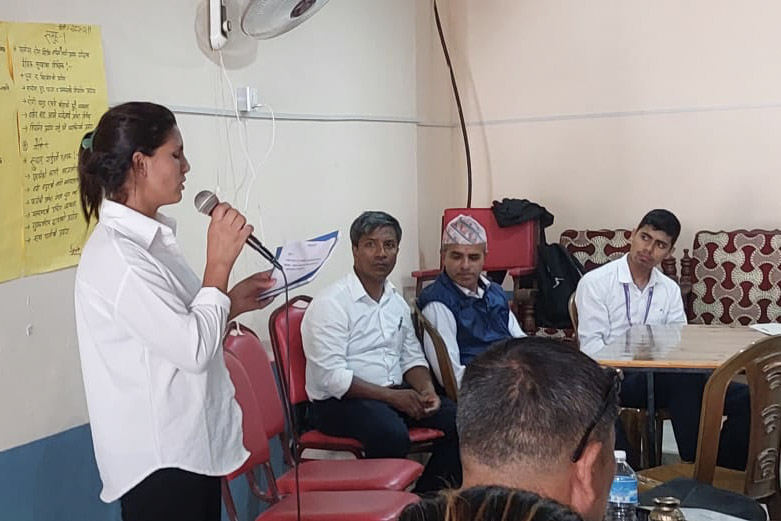 © FAO/Kiran Bhandari © FAO/Kiran Bhandari | Nepal FAO conducted a two-day training on biosecurity and rational antimicrobial use for 33 small and medium-scale pig farmers in Shuklagandaki, Tanahun from 24 to 25 May. Funded by the Pandemic Fund, the training focused on improving farm hygiene practices and reducing unnecessary antimicrobial use. Each participant received a biosecurity kit, and the training was delivered in collaboration with the Department of Livestock Services and the Veterinary Laboratory in Pokhara. | |
| Back to top | ||
EPIDEMIOLOGY | ||
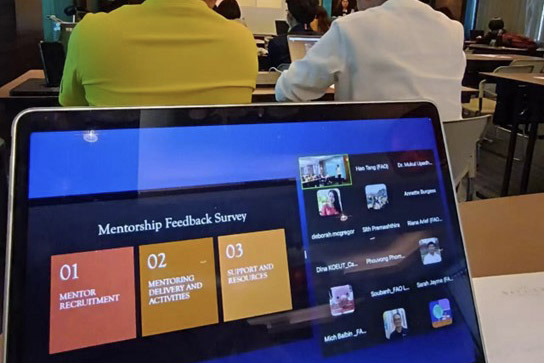 © FAO/Hao Tang | ASIA AND THE PACIFIC A Regional Field Epidemiology Training Program for Veterinarians (R-FETPV) consultation workshop was held from 19 to 21 May with hybrid participation from in-country and programme mentors representing seven Member Nations. Supported by FAO, the workshop focused on enhancing mentorship and training programme quality by identifying core competencies, refining the R-FETPV competency framework and exploring methodologies for training needs assessment. The event promoted inclusive dialogue to ensure a high-quality field epidemiology training programme that continues to build veterinary capacity across the region. | |
LABORATORY | ||
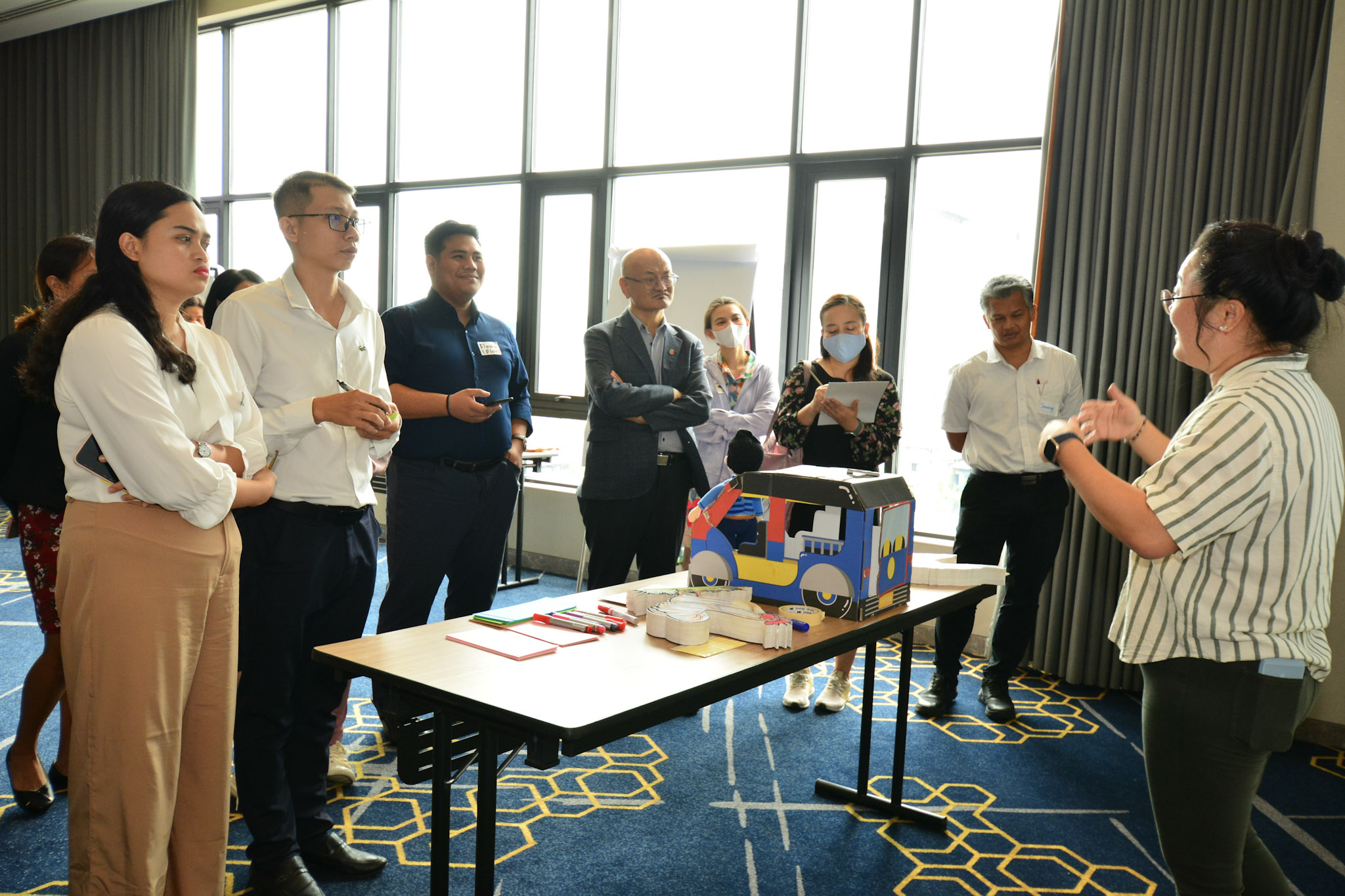 © FAO/Domingo Caro III © FAO/Domingo Caro III | ASIA AND THE PACIFIC FAO organized a regional workshop on biosecurity in Bangkok, Thailand, from 27 to 28 May, as part of the pre-Chulalongkorn University Veterinary Conference (CUVC). In total, 56 participants from Member Nations and partners took part in tabletop simulations and knowledge-sharing sessions to assess biosecurity risks from airports, seaports, land borders, farms, wildlife centres, markets and laboratories. The workshop emphasized multisectoral collaboration, risk-based approaches and effective surveillance and risk communication to strengthen biosecurity systems along the livestock value chain and safeguard people, animal and ecosystems health. Countries concluded the workshop by developing recommendations to improve national biosecurity practices. | |
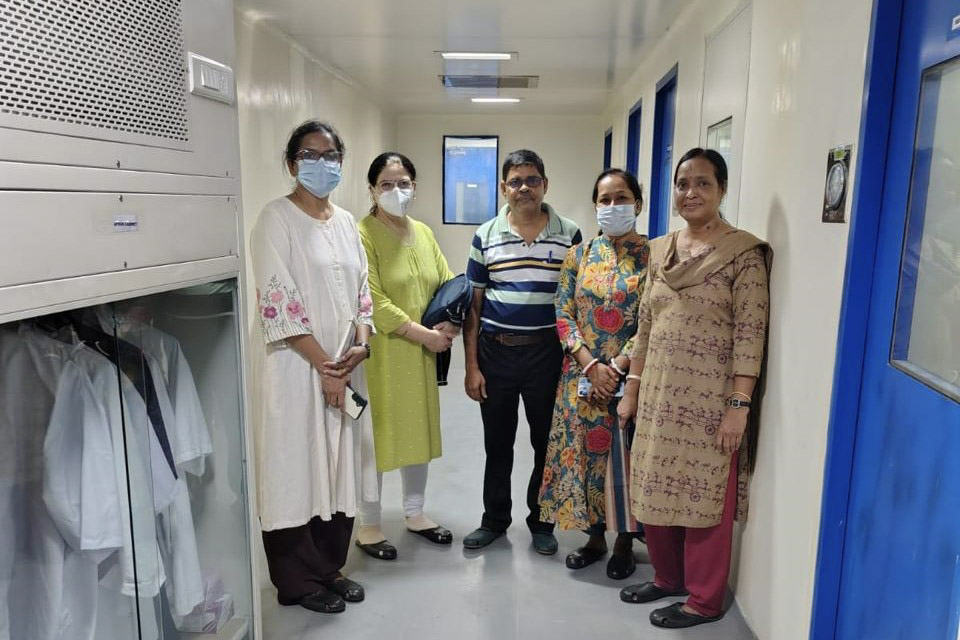 © FAO/Manju Soman | INDIA From 26 to 28 May, FAO conducted a needs assessment at the Eastern Regional Disease Diagnostic Laboratory (ERDDL) Kolkata as part of the Pandemic Fund’s AMR component. The visit aimed to assess the laboratory’s ability to support surveillance of AMR, animal diseases, and to identify operational gaps and providing recommendation to strengthen its quality management system. During the visit, FAO facilitated a self-assessment using the ATLASS tool to evaluate the laboratory’s performance, and the Laboratory Mapping Tool (LMT) to assess capacities related to biosafety and biosecurity. | |
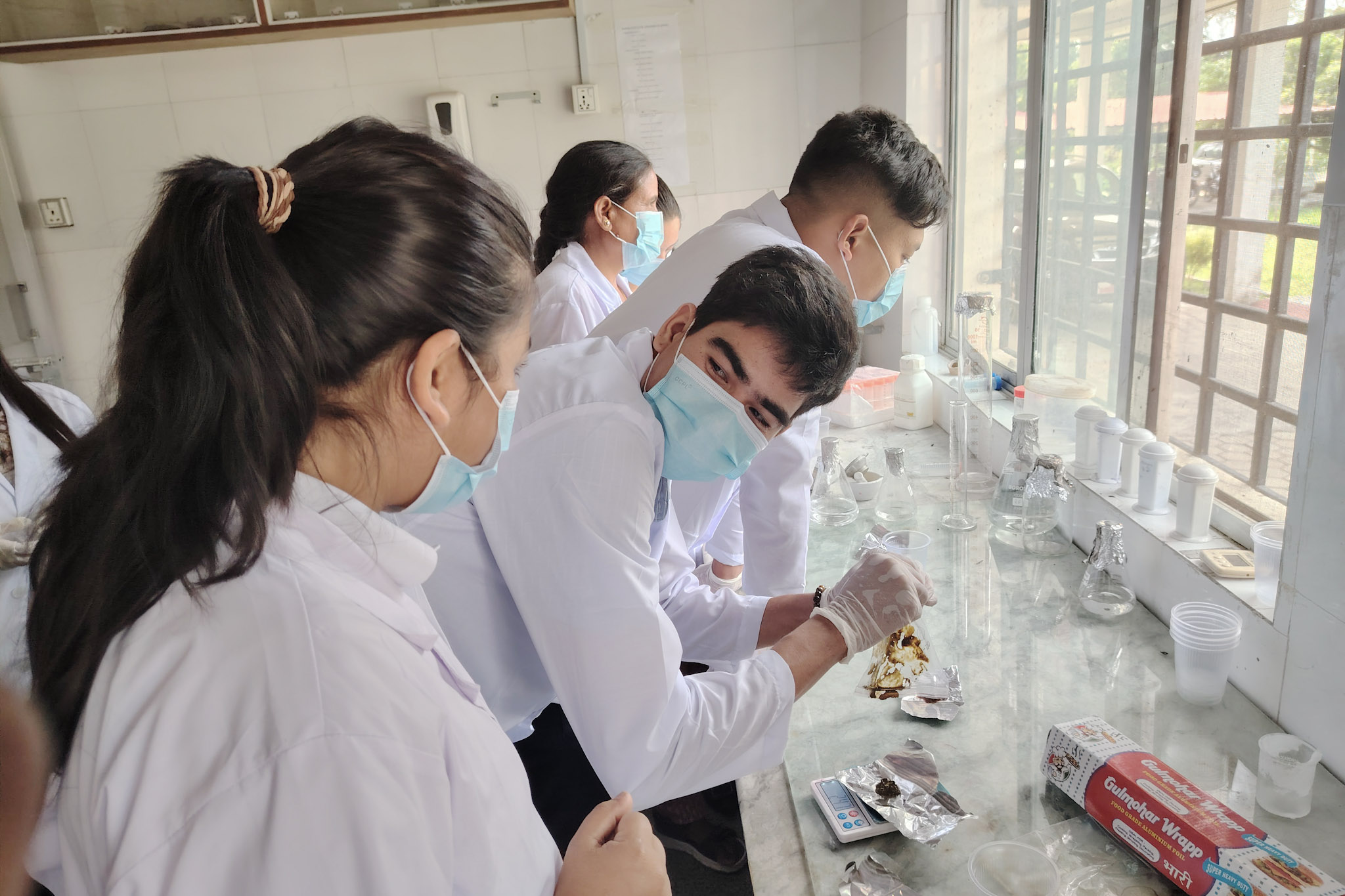 © FAO/Monalisa Khanal © FAO/Monalisa Khanal | NEPAL From 18 to 23 May, FAO, through Pandemic Fund, supported a laboratory placement training for 12 animal health technicians at the National Avian Disease Investigation Laboratory, Chitwan. The training provided hands-on experience in basic laboratory techniques and sample collection to strengthen local-level diagnostic capacity. The initiative was conducted in collaboration with the Central Veterinary Laboratory and the Department of Livestock Services. | |
ONE HEALTH | ||
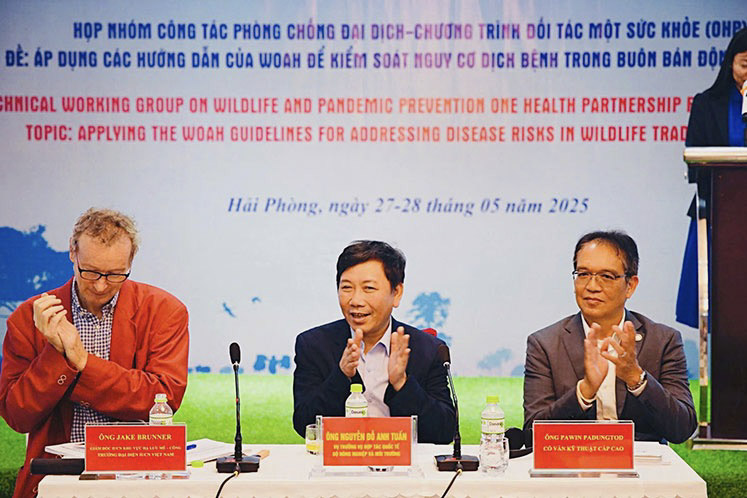 © FAO Viet Nam | VIET NAM More than 50 national and international experts gathered in Hai Phong from 27 to 28 May for the Technical Working Group of the One Health Partnership on Wildlife and Pandemic Prevention. Co-chaired by FAO, International Union for Conservation of Nature (IUCN) and the Ministry of Agriculture and Environment, the meeting applied World Organisation for Animal Health (WOAH) guidelines to assess disease risks linked to wildlife trade. Scenario-based risk assessments were conducted on macaques (tuberculosis), pangolins (coronavirus) and wild birds (avian influenza), focusing on mapping trade chains, analyzing stakeholder roles and identifying critical control points. The workshop emphasized risk communication and stakeholder collaboration as key to effective intervention. The event supported alignment with Viet Nam’s updated One Health Master Plan as well as ongoing and upcoming projects. | |
| NEPAL On 20 May, FAO conducted an orientation training on zoonotic diseases and antimicrobial resistance (AMR) for 24 farmers in Mustang district. The training, funded by Pandemic Fund, aimed to improve awareness on major zoonoses and AMR as well as their preventive measures. It was implemented in collaboration with the Veterinary Hospital and Livestock Services Expert Center, Mustang. | |
PARTNERSHIPS | ||
 © FAO/Domingo Caro III | ASIA AND THE PACIFIC FAO supported the 24th Chulalongkorn University Veterinary Conference (CUVC), held from 29 to 30 May in Bangkok, Thailand, which focused on advancing One Health and biosecurity. The conference gathered veterinary and public health professionals, researchers, and students to share experiences, knowledge, and lessons learned across sectors. As part of the technical programme, presentations were delivered by FAO, country representatives, and partners, covering a wide range of biosecurity topics. FAO led sessions on biosecurity at points of entry, addressing both public and animal health perspectives, and shared country-level experiences on biosecurity in farms, including the promotion of good husbandry practices and strategies for antimicrobial resistance (AMR) prevention. The organization also highlighted efforts to improve laboratory biosecurity, such as the adoption of sample inventory systems. FAO also hosted an exhibition booth to showcase its work on transboundary animal diseases, One Health and laboratory capacity development. This collaboration further reinforced FAO’s commitment to supporting veterinary capacity building and contributing to regional and global health security. | |
| VIET NAM Viet Nam launched a new biosecurity initiative, which applies the Progressive Management Pathway for Terrestrial Animal Biosecurity (PMP-TAB). Co-created with the Department of Animal Health and Production and supported by the United States Department of Agriculture - Animal and Plant Health Inspection Service (USDA-APHIS), the initiative was launched during a workshop and inception meeting held from 20 to 23 May in Ha Tinh. The project focuses on strengthening biosecurity in pig value chains in Ha Tinh and Ba Ria Vung Tau to mitigate the impact of zoonotic diseases. Key outcomes include the development of tailored strategies and plans for replication in additional provinces. | |
| NEPAL During the 23rd National Veterinary Conference held on 31 May in Kathmandu, FAO delivered a technical session on "Pandemic preparedness: FAO’s role at the global level and in Nepal." Attended by over 700 veterinary professionals, the session highlighted FAO’s contributions to global and national efforts in preventing zoonotic disease outbreaks and tackling AMR. The presentation emphasized FAO’s strategic support to strengthen Nepal’s pandemic preparedness through a One Health approach. | |
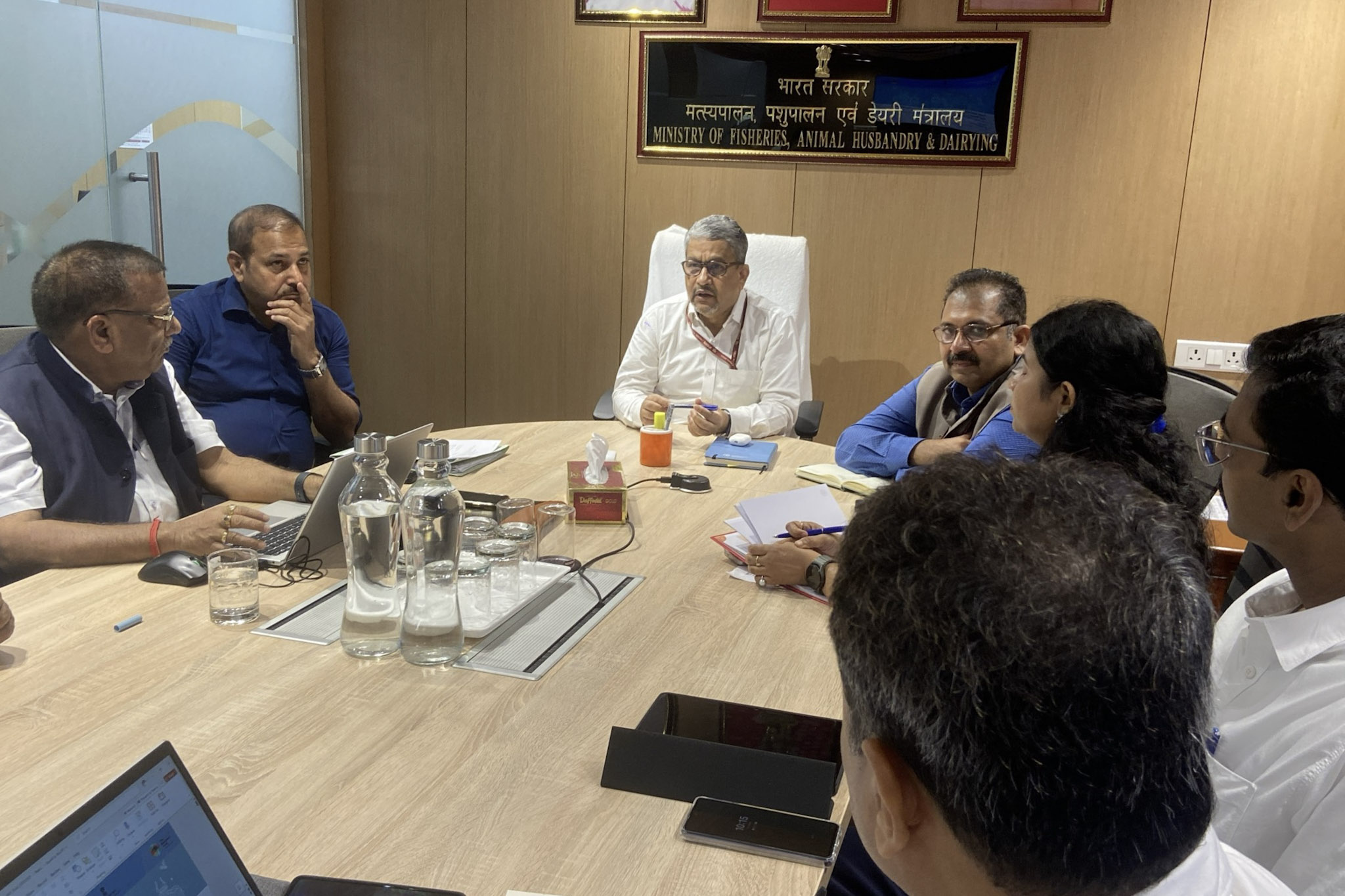 © FAO/Vikram Vasisht © FAO/Vikram Vasisht | INDIA On 23 May, FAO participated in the 4th Technical Committee meeting of the Pandemic Fund to present planned activities under the animal health component. These include piloting the community health surveillance tool, initiating Field Training Programme for Workforce Empowerment in Biosecurity and Epidemiology (FTP-WEBE), and organizing an Assessment Tool for Laboratories and AMR Surveillance Systems (ATLASS) session for confirmed AMR laboratories. Stakeholders also discussed the inclusion of a wildlife lab in the Indian Network for Fisheries and Animal Antimicrobial Resistance (INFAAR) network and aligning procurement plans across the implementing agencies. | |
SURVEILLANCE | ||
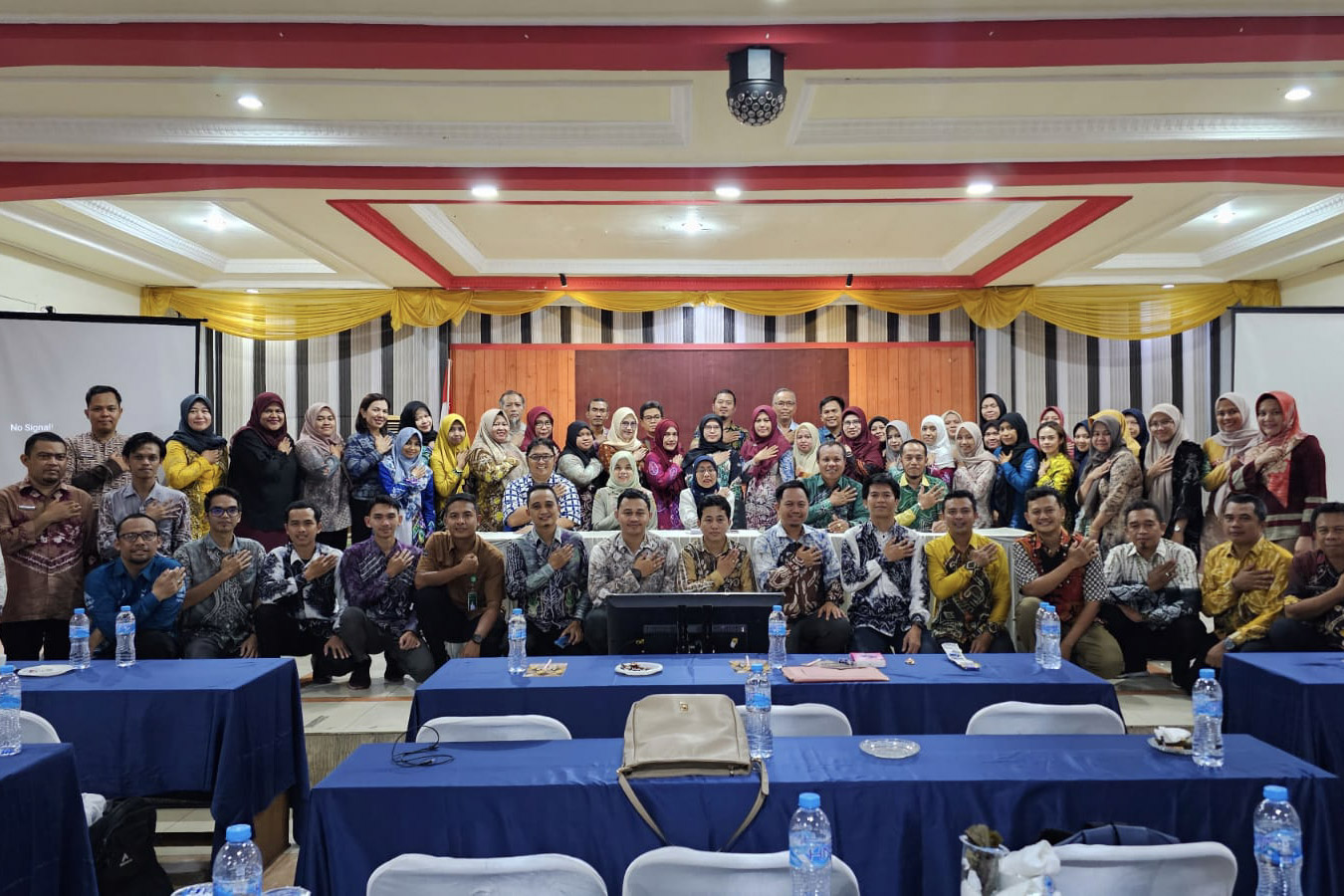 © FAO/Ali Arasyi © FAO/Ali Arasyi | INDONESIA From 21 to 23 May, FAO contributed to on-the-job training on integrated cross-sector avian influenza surveillance hosted by the Ministry of Health in South Kalimantan. FAO introduced the Joint Outbreak Investigation (JOIN) tool and supported design efforts for joint surveillance in high-risk areas such as live bird markets and slaughter points. The training reinforced early warning systems using a One Health approach. Next steps include environmental, animal and human sampling, followed by laboratory testing at the animal health laboratory and the public health laboratory. The findings will be shared with local authorities to inform targeted joint prevention and control measures for avian influenza. | |
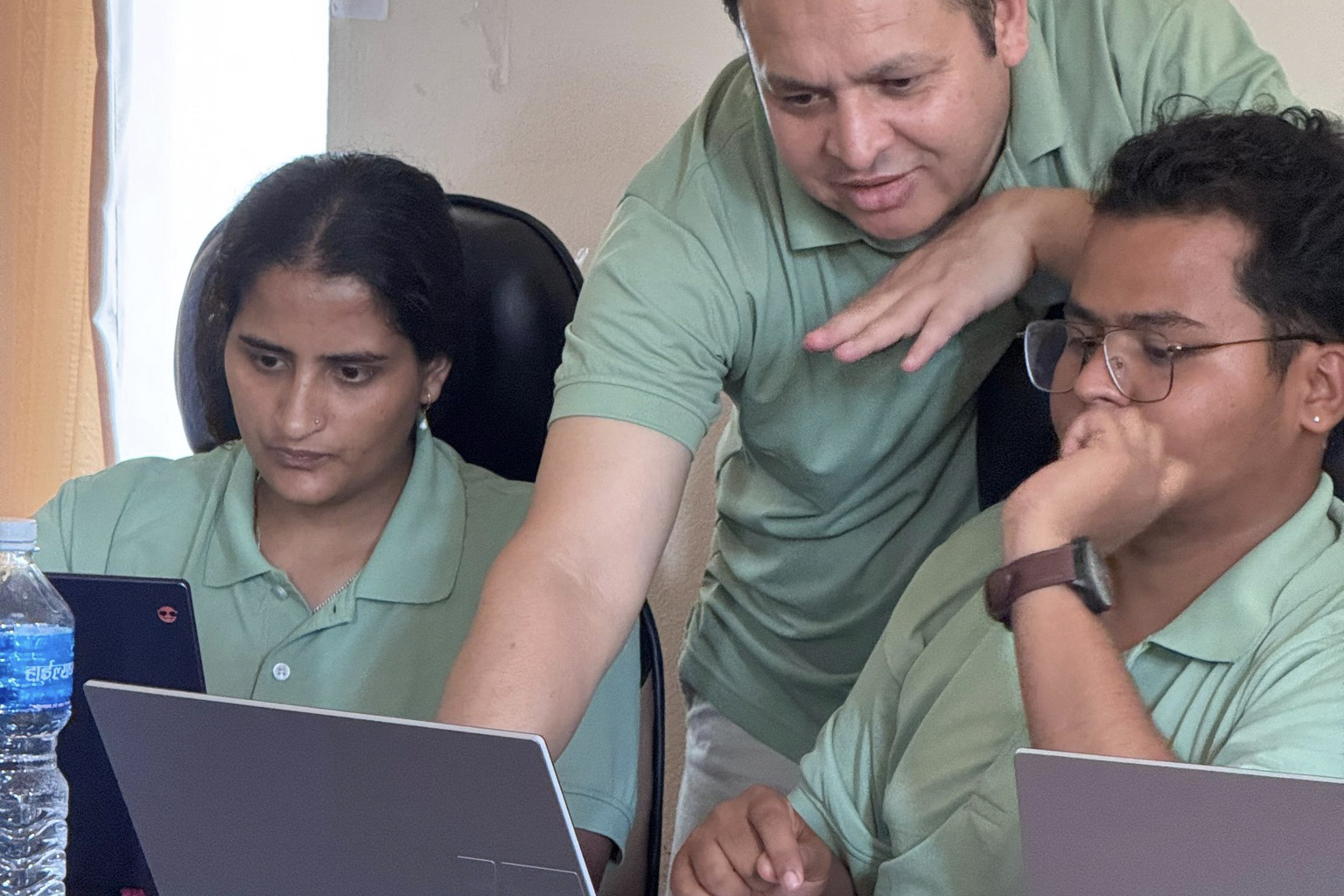 © MoALD Suhel KC © MoALD Suhel KC | NEPAL FAO organized a two-day hands-on training on data visualization using QGIS software for senior veterinary and fisheries students at Agriculture and Forestry University, Chitwan, from 20 to 21 May. Conducted under the Pandemic Fund project, the training focused on applying GIS tools to livestock and fisheries data. This initiative aimed to build practical skills in visualizing point and spatial, qualitative and quantitative information in animal health sciences. | |
- Learn more about our work on antimicrobial resistance here.
- Learn more about our work on epidemiology here.
- Learn more about our work on laboratory here.
- Learn more about our work on One Health here.
- Learn more about our partnerships here.
- Learn more about our work on surveillance here.
Subscribe to our biweekly update here.

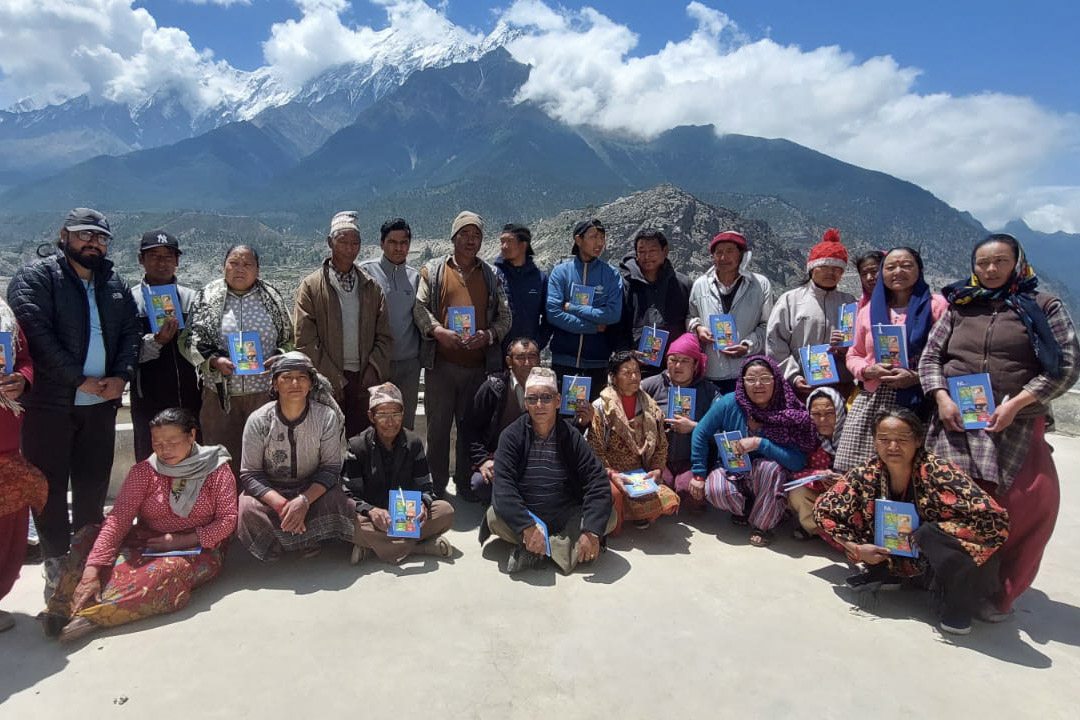 © FAO/Kiran Bhandari
© FAO/Kiran Bhandari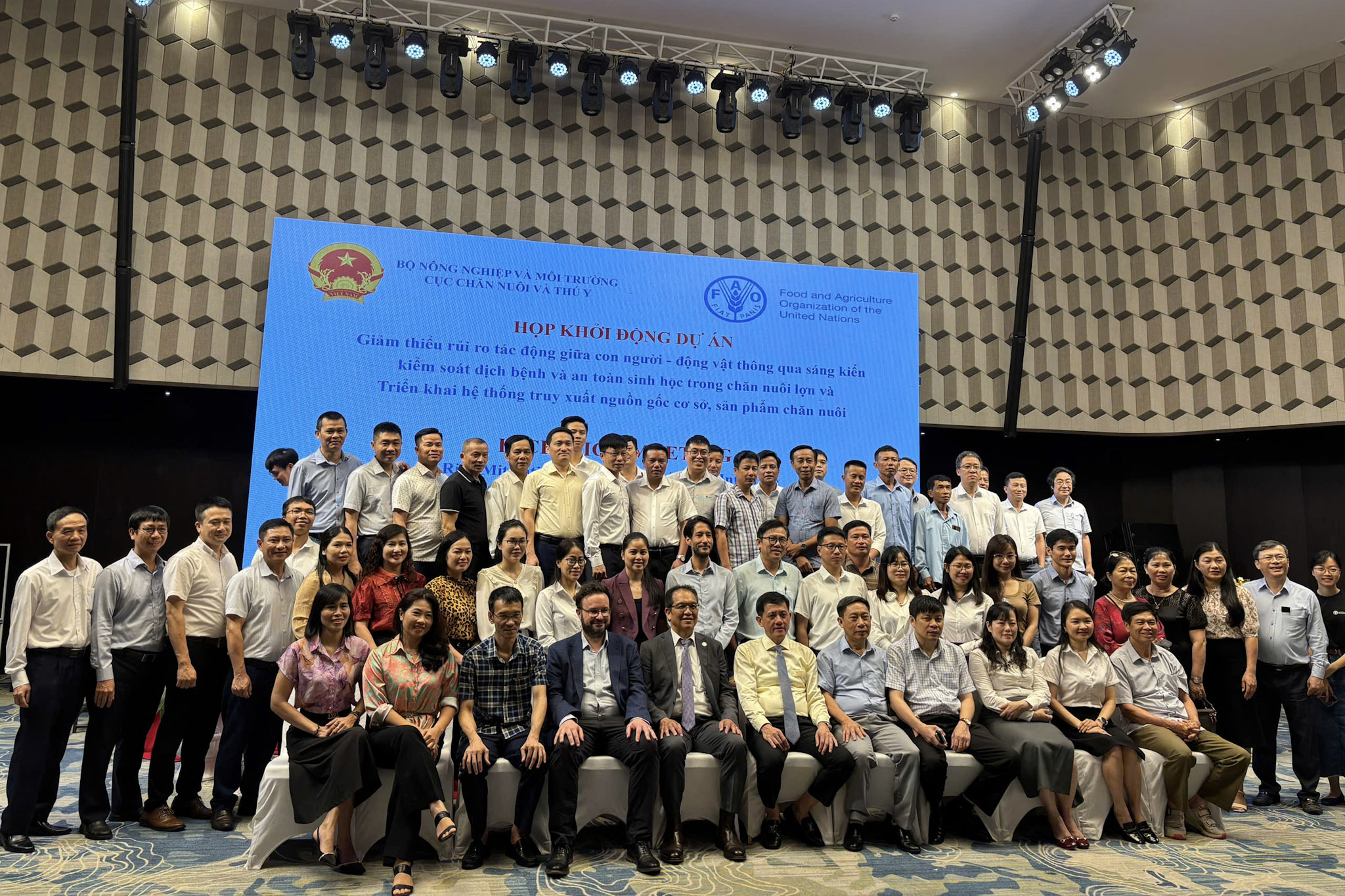 © FAO Viet Nam
© FAO Viet Nam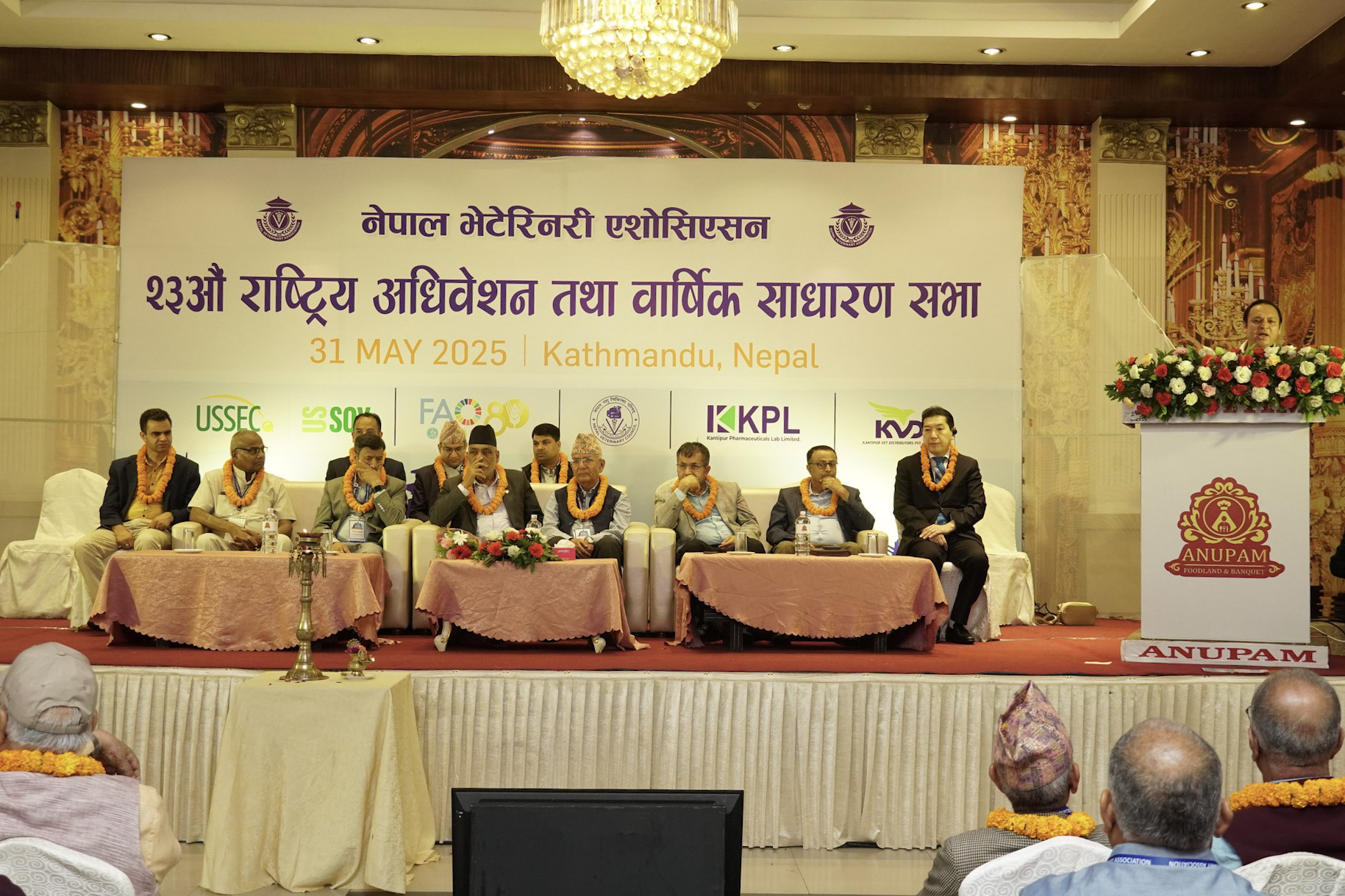 © FAO/Sangharsha Bhattarai
© FAO/Sangharsha Bhattarai